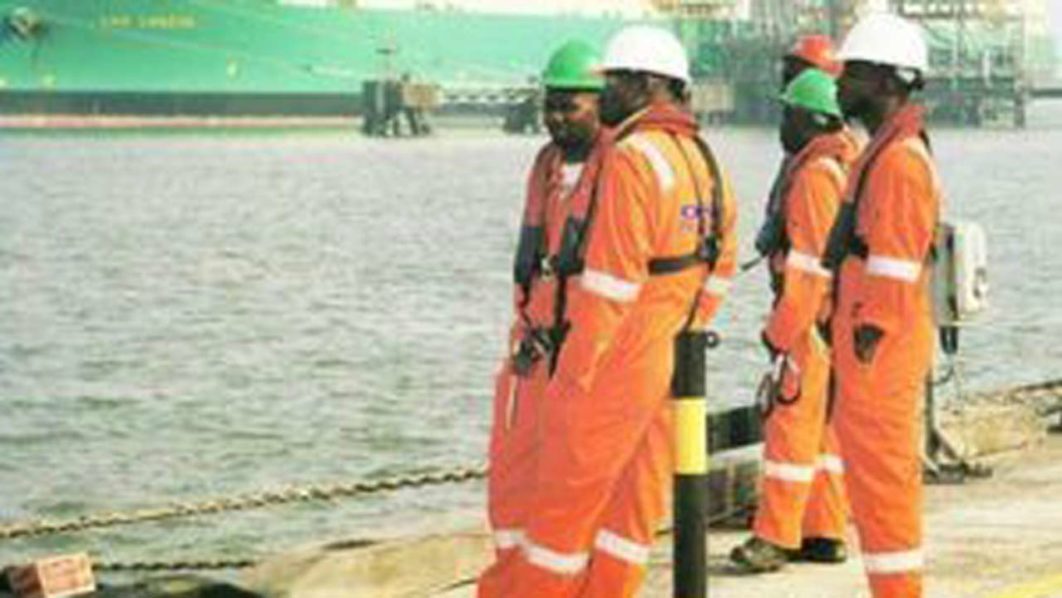
Nigerian seafarers have argued that the poor implementation of the Coastal and Inland Shipping (Cabotage) Act, which has achieved less than two per cent of its target, has contributed to approximately 70 per cent of the unemployment rate in the shipping industry.
The South-West Director of the Merchant Seafarers Association of Nigeria (MESAN), Captain Williams Ogunsakin, said this, criticising the ineffective enforcement of the Cabotage law and highlighting its failure to address key issues such as shipbuilding, ownership and seafarer employment.
Speaking in Lagos, Ogunsakin lamented that the law, which mandates ships operating in the nation’s coastal waters to be built, owned and crewed by Nigerians, has not fulfilled its mandates.
He explained that the Cabotage law was a visionary project designed to tackle seafarer unemployment and boost Nigeria’s maritime industry. Ogunsakin said Nigeria has neither started building ships nor owning vessels, noting that of all the ships operating in Nigeria, fewer than five per cent are wholly owned by Nigerians.
He added that implementing the law effectively would enable Nigeria to build and own vessels locally, creating jobs for ship managers, suppliers, distributors, and seafarers, potentially reducing unemployment by 60 to 70 per cent. Ogunsakin stressed the urgent need for shipbuilding infrastructure and dry docks in Nigeria.
“The maritime industry has evolved globally to accommodate larger vessels with tonnage capacities exceeding 40,000 tonnes, yet Nigeria cannot maintain or build such ships,” he noted.
China has taken the lead in shipbuilding, especially as the industry shifts toward decarbonisation with alternative fuel vessels. According to the China Association of the National Shipbuilding Industry (CANSI), Chinese shipyards secured nearly 75 per cent of global orders in 2024.
For example, Cosco Shipping contracted Hudong-Zhonghua Shipbuilding for six 336-meter-long, 13,600 twenty-foot equivalent units (TEU) container ships, valued at $900 million and scheduled for delivery in 2027.
“Our dry docks are inadequate for modern vessels. Many Nigerian ships are sent to Ghana or North Africa for dry docking, resulting in significant foreign exchange losses. Expanding our dry docks and investing in shipbuilding would not only address these challenges but also create jobs for naval architects, dock managers, and other maritime professionals,” Ogunsakin added.
He also criticised the reliance on foreign-owned ships, which often prioritise expatriate crew members due to international regulations. Ogunsakin explained that foreign ownership limits Nigeria’s control over maritime operations.
He said if vessels were 100 per cent Nigerian-owned, the country could employ local captains, engineers, and crew without external interference. Ogunsakin acknowledged the significant challenges in achieving 100 per cent implementation of the Cabotage law, including weak enforcement mechanisms, inadequate infrastructure, and reliance on foreign expertise.
However, he expressed confidence that Nigeria could lead Africa’s maritime industry with the right policies and investments, generating employment and reducing dependence on foreign-owned ships.
Ogunsakin proposed a multi-pronged strategy to revitalise the maritime sector, including upgrading existing facilities such as the Naval Dockyard and Nigerdock to accommodate larger vessels. He also advocated for a phased approach, starting with smaller tugboats and offshore vessels, to build capacity and create jobs.
“By increasing Nigerian ownership of vessels, the maritime sector could provide jobs for seafarers, engineers, and other professionals,” he said.
On his part, the Chief Executive Officer of Genesis Worldwide Shipping Company, Captain Emmanuel Iheanacho, highlighted progress in local content development within the maritime sector, mainly through the Nigerian Content Development and Monitoring Board (NCDMB).
However, he acknowledged significant challenges, including limited capacity among local companies, high costs, restricted access to financing and competition with established foreign players.
He further lamented the cumbersome processes associated with vessel and cargo clearance in international trade remain a major bottleneck. Ihenacho said the current system requires multiple signatures from government agencies and officials, making the clearance process slow and inefficient.






